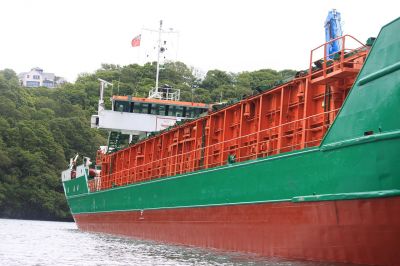For environmental reasons, oceanic cargo ships are travelling more slowly, thus increasing the ship population; simultaneously, numbers of available mariners are declining. The solution may lie in partially autonomous cargo vessels, which also offer commercial and environmental advantages.
The EU-funded
MUNIN (Maritime unmanned navigation through intelligence in networks) project aims to develop a technical concept for such ships and assess its feasibility. The project concept addresses the vision paper prepared by Waterborne TP, a European consortium, which specified the various necessary modular control, communication and decision-support systems. MUNIN involves eight partners and runs between September 2012 and August 2015.
First reporting period results consisted mainly of technically defining the subsystems, including both on-board and onshore modules. The list includes an advanced sensor module, autonomous navigation system, autonomous engine and monitoring control system, and a shore control centre. Together, the units will provide all the information needed to control a ship during the deep-sea part of its voyage. The systems are not intended for use in harbours or congested shipping lanes.
In addition, the consortium has defined the various technologies needed to assist on-shore staff. The shore control centre operator monitors the status of several autonomous ships. Additionally, an engineer assists the operator and devises maintenance plans for the vessels. A control centre situation room team has the capacity to take control of a single ship, using a replica bridge and remote manoeuvring support system.
Researchers laid the groundwork for a prototype implementation phase scheduled to begin during the second reporting period.
The MUNIN project has defined the technical systems needed to implement the Waterborne TP concept for autonomous shipping. The development should yield cost savings, while avoiding the problems of mariners being at sea for long periods.

